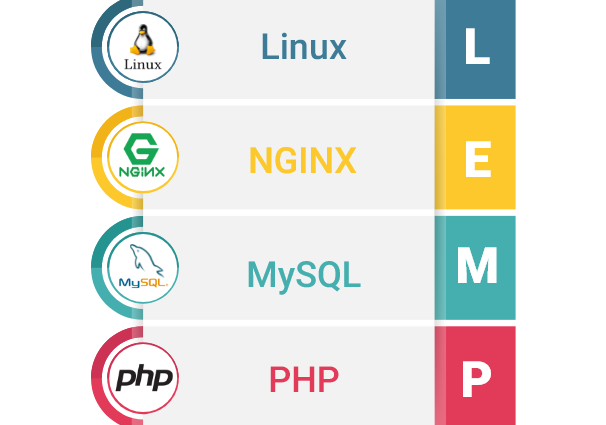Memcached is primarily used to speed up sites that make heavy use of databases. It can store objects of any kind. Many programming languages have a Memcached library, including PHP, Perl, Ruby, and Python. Memcached runs in memory and is thus quite speedy since it does not need to write data to disk.
Installing Memcached
Memcached packages are included in the default CentOS 7 repositories. To install open up a terminal and type in the following command
yum install memcached libmemcachedOne you are done with the installation, run the memcached services
[root@codesposts ~]# systemctl start memcached
[root@codesposts ~]# systemctl enable memcached
Created symlink from /etc/systemd/system/multi user.target.wants/memcached.service to /usr/lib/systemd/system/memcached.service.Now you have a Memcached server running succesfully on a Linux Server
Configuring Memcached
To make assure that installed Memcached service is listening on the 127.0.0.1 local interface, we will alter the OPTIONS variable in the /etc/sysconfig/memcached configuration file. This would protect us from DDoS attacks.
vi /etc/sysconfig/memcachedWe will add both the -S and -vv parameters to our OPTIONS variable. The -vv option will provide verbose output to /var/log/memcached, which will help us as we debug. Add these options to the OPTIONS variable as follows:
- /etc/sysconfig/memcached
-
PORT="11211" USER="memcached" MAXCONN="1024" CACHESIZE="64" OPTIONS="-l 127.0.0.1 -U 0 -S -vv"
Save and close the file and restart the Memcached service for the changes to take effect
systemctl restart memcached
systemctl enable memcachedTo ensure that Memcached is running, type in the following command:
[root@codesposts ~]# memstat --servers="127.0.0.1"
Server: 127.0.0.1 (11211)
pid: 14054
uptime: 403
time: 1562011838
version: 1.4.15
libevent: 2.0.21-stable
pointer_size: 64
rusage_user: 0.008761
rusage_system: 0.011682
curr_connections: 10
total_connections: 11
connection_structures: 11
reserved_fds: 20
cmd_get: 0
cmd_set: 0
cmd_flush: 0
cmd_touch: 0
get_hits: 0
get_misses: 0
delete_misses: 0
delete_hits: 0
incr_misses: 0
incr_hits: 0
decr_misses: 0
decr_hits: 0
cas_misses: 0
cas_hits: 0
cas_badval: 0
touch_hits: 0
touch_misses: 0
auth_cmds: 0
auth_errors: 0
bytes_read: 17
bytes_written: 16
limit_maxbytes: 67108864
accepting_conns: 1
listen_disabled_num: 0
threads: 4
conn_yields: 0
hash_power_level: 16
hash_bytes: 524288
hash_is_expanding: 0
bytes: 0
curr_items: 0
total_items: 0
expired_unfetched: 0
evicted_unfetched: 0
evictions: 0
reclaimed: 0To check for SASL support
sudo journalctl -u memcachedMake sure that you have allowed access to Memcached server by opening a port 11211 on your firewall using the following command:
firewall-cmd --permanent --zone=public --add-port=11211/tcp





